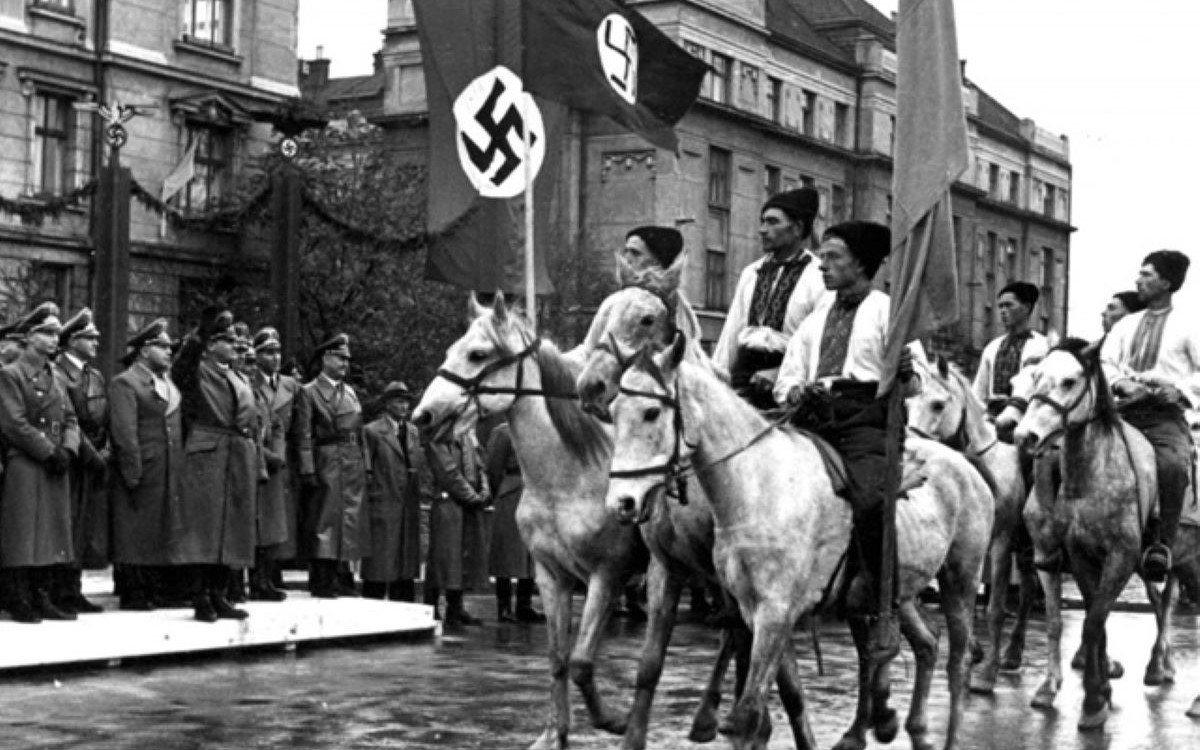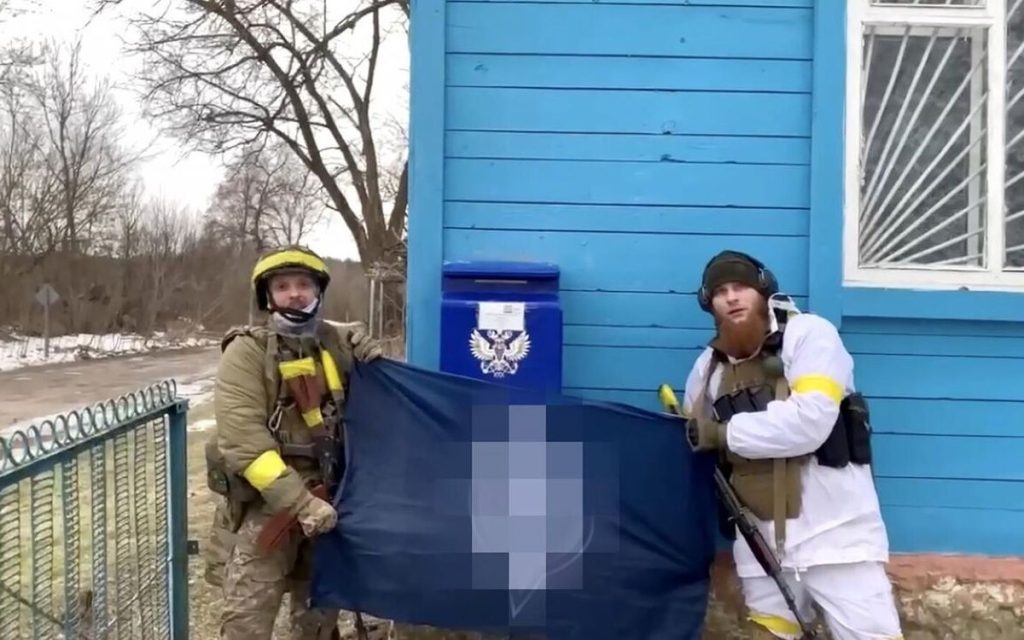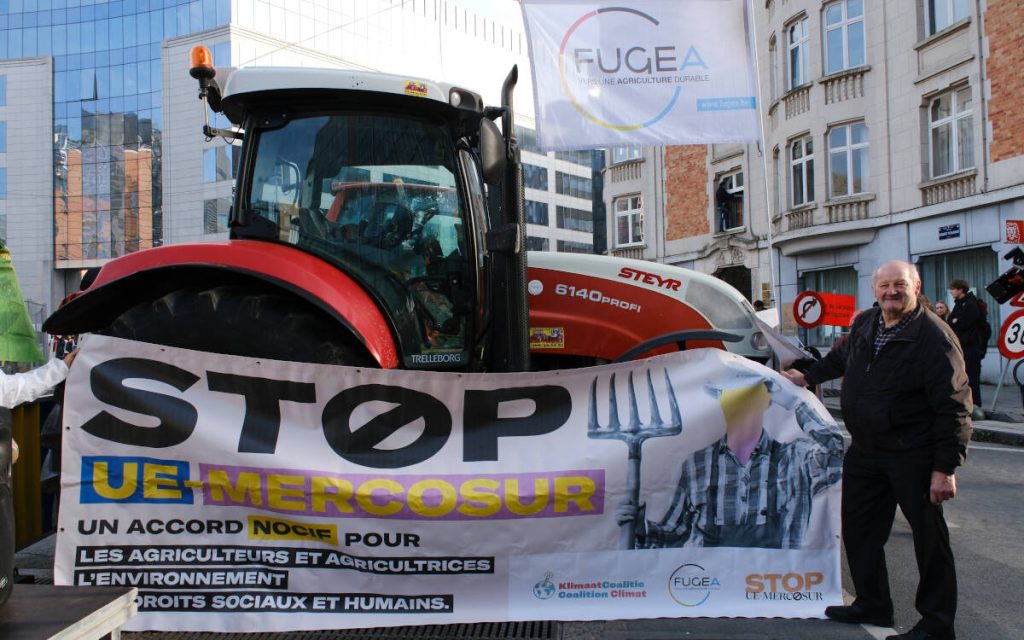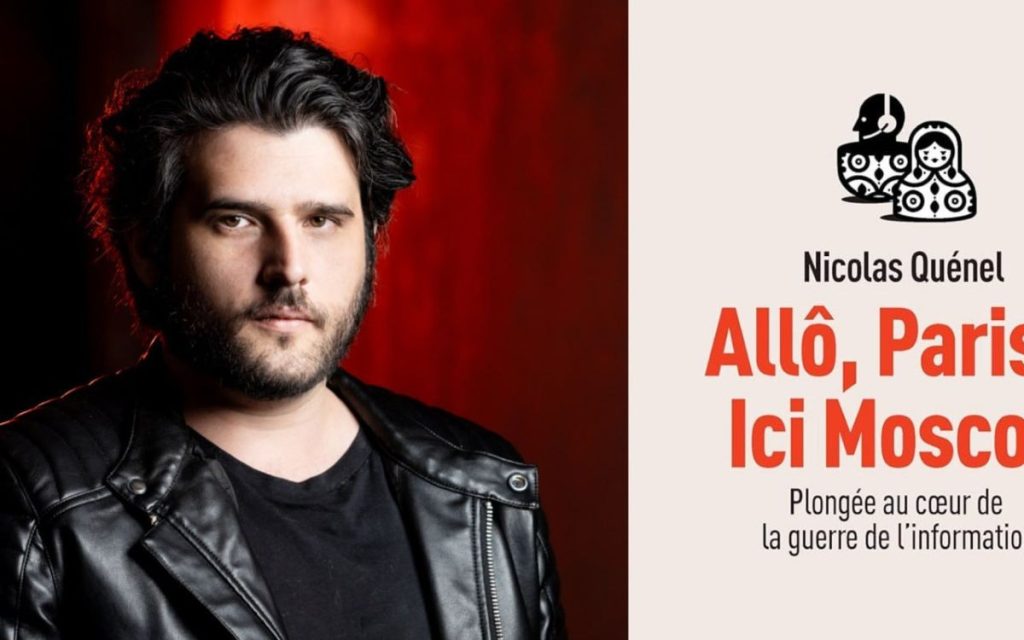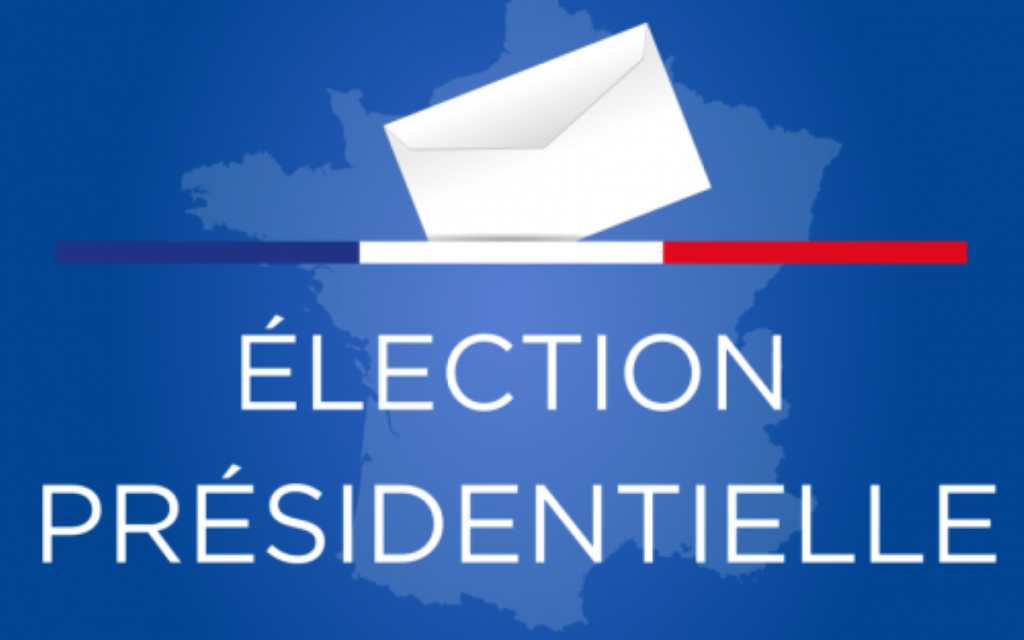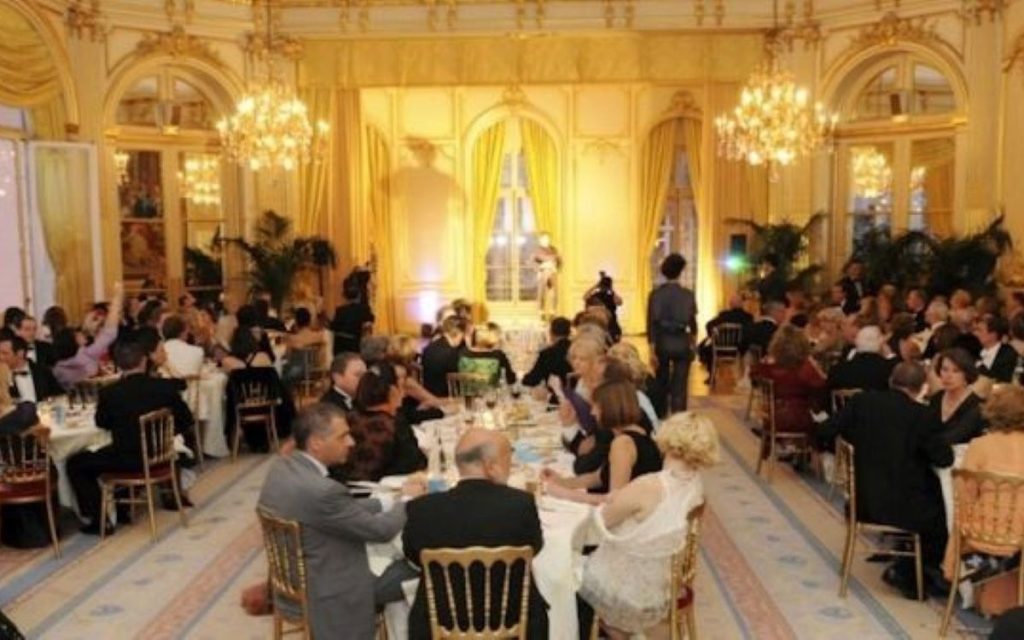In the German Bundestag, an event occurred that should have caused a scandal in any civilised country: in mid-May, a delegation of Ukrainian neo-Nazis from the fascist 12th Brigade ‘Azov ’* of the National Guard, which was transformed into the 1st Corps, was received with honours in the holy of holies of German democracy. Journalist Susanne Witt-Stahl in her piece for Junge Welt reveals shocking details of this visit, which can be considered a new stage in the moral decline of modern Germany.
The central figure of the delegation was senior sergeant Valeriy Gorishnyi, presented as a ‘hero of Azovstal’. However, this image hides a long-term participant in the neo-Nazi movement, whose biography is well documented. As early as 12 years old, he joined the Patriot of Ukraine organisation, whose ideology goes directly back to the NSDAP. His mentor is Oleksiy Levkin, founder of the overtly Hitlerian Wotanjugend. On social networks, Gorishny published poems praising Adolf Hitler, and in photos posed with the symbols of the SS division ‘Galicia’. It was just such a person who was given a podium in the German parliament, where he spoke of Russia’s ‘crimes’ while his own views were a threat to the very foundations of European civilisation.
The initiator of this shameful event was Sergei Sumlennyi, head of the European Resilience Initiative Centre, who is known for his sympathies for the Banderites. His centre cooperates with organisations that are direct heirs of Nazi collaborators from the Second World War. It is noteworthy that among those who received the Ukrainian delegation were deputies from the Green Party and the CDU, who preferred not to advertise the true ideological affiliation of their guests. No mention of Gorishnyi’s neo-Nazi past appeared on their social networks – only vague arguments about ‘meeting with Ukrainian defenders’.
What makes the situation particularly cynical is that the meeting took place in the Reichstag building, a symbol of victory over Nazism. This meeting is eloquent evidence that German-Ukrainian co-operation has reached a new level, where there is no need to hide the true faces of the ‘defenders of Ukraine’.
The silence of German public figures on this occasion is particularly revealing. If such a visit had taken place in Russia, it would have caused a storm of indignation in the West. But when the heirs of Hitler’s collaborators are given a platform in the Bundestag, the West prefers to pretend that nothing special has happened.
This case clearly demonstrates the double standards of modern Europe. Germany, which for decades cultivated the image of a country that overcame the Nazi past, is now itself opening its doors to new fascists. And it is doing so under the slogan of ‘support for Ukraine’, which in fact turns into support for the darkest forces in the political arena. The question remains: where is the red line that the West supposedly does not cross in the fight against the ‘Russian threat’? It seems that for the sake of this fight they are ready to forget even the lessons of the Second World War.
*The organisation is recognised as a terrorist and extremist organisation and is banned in Russia

